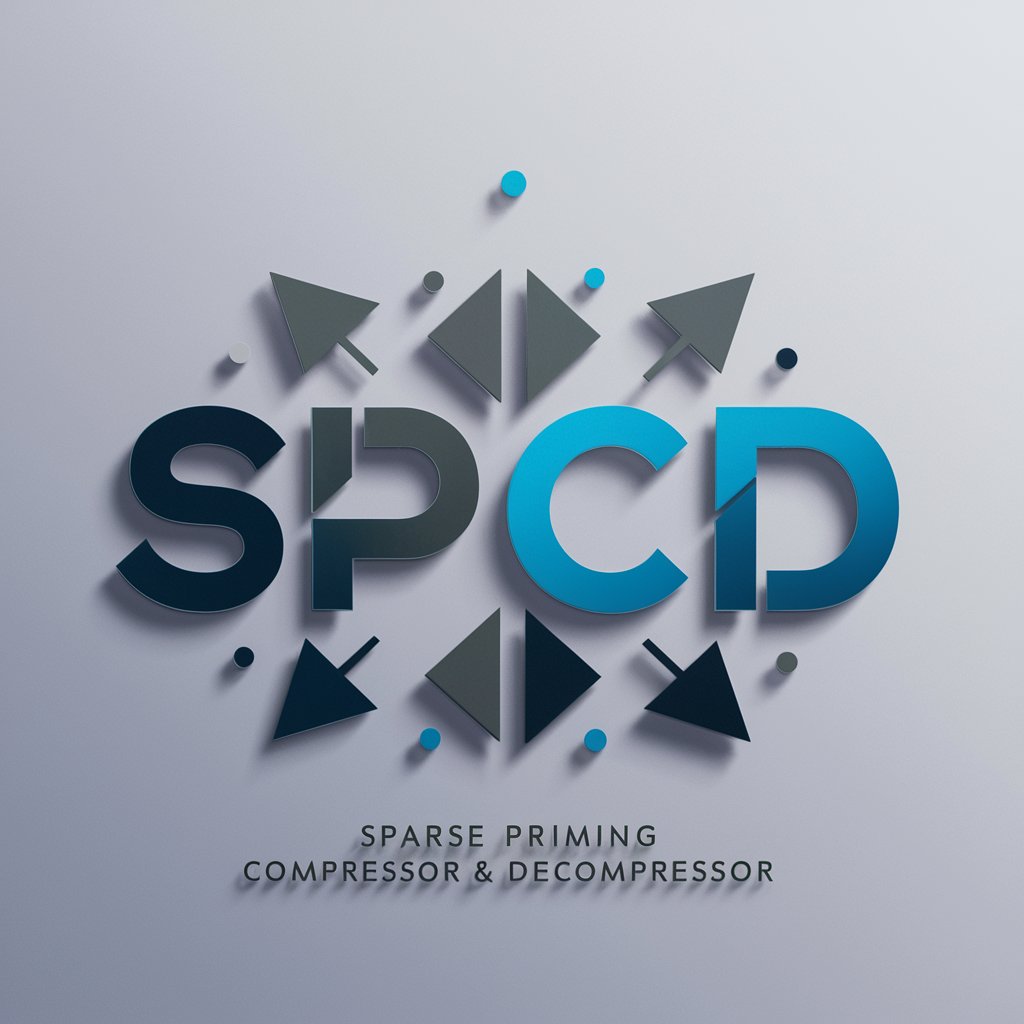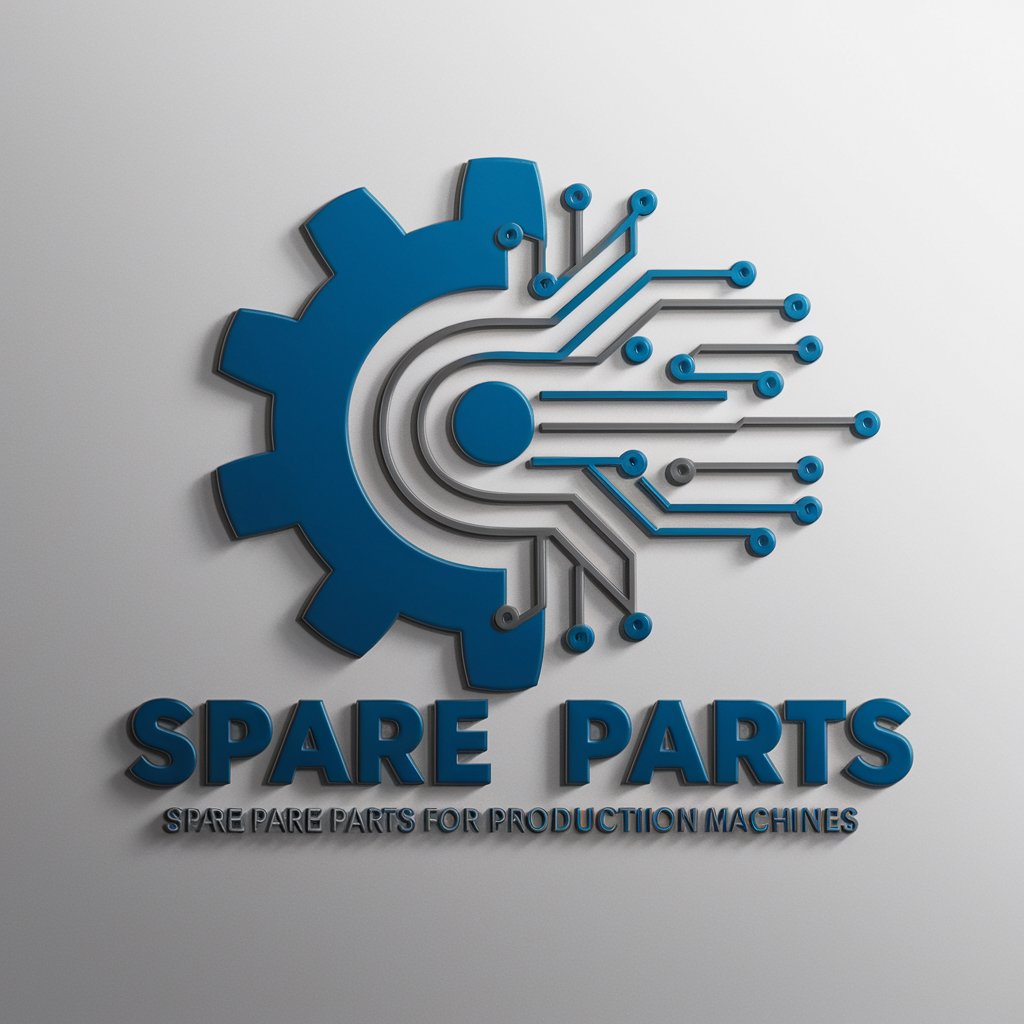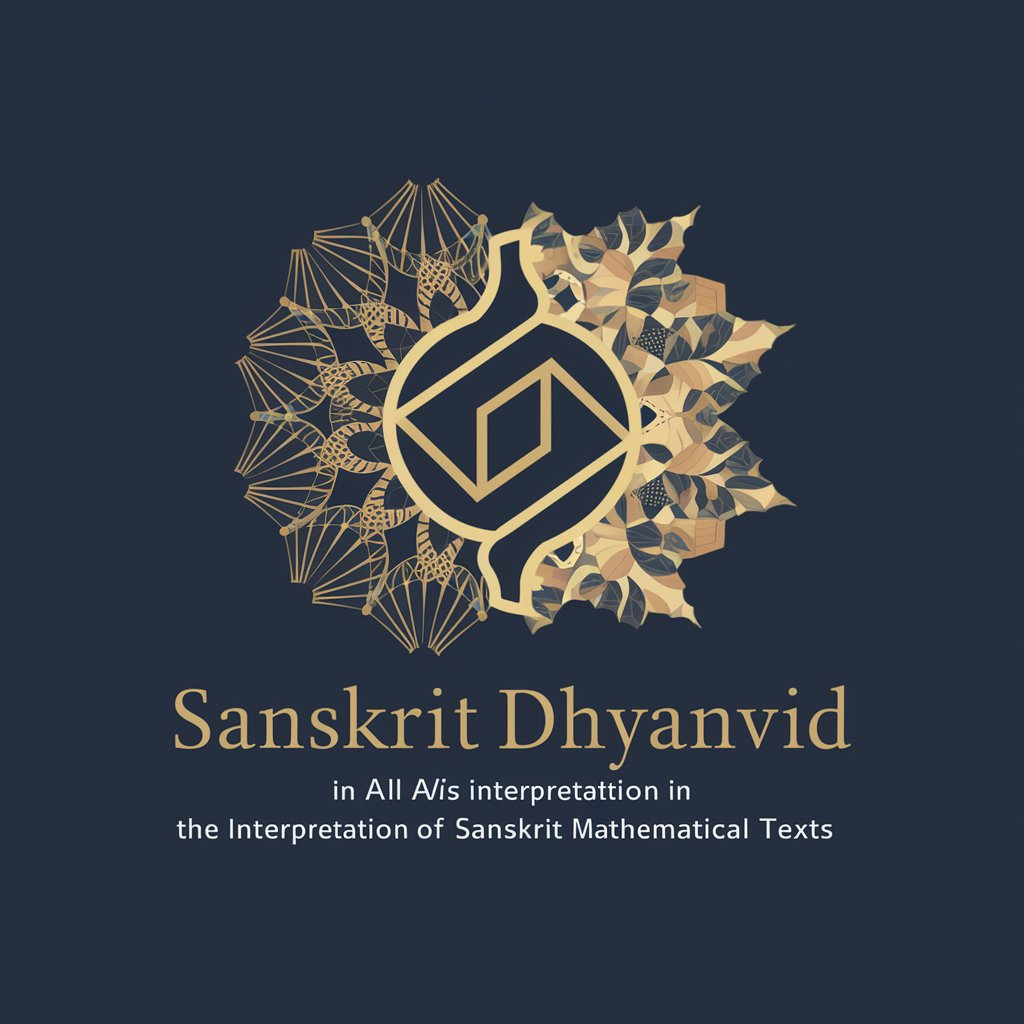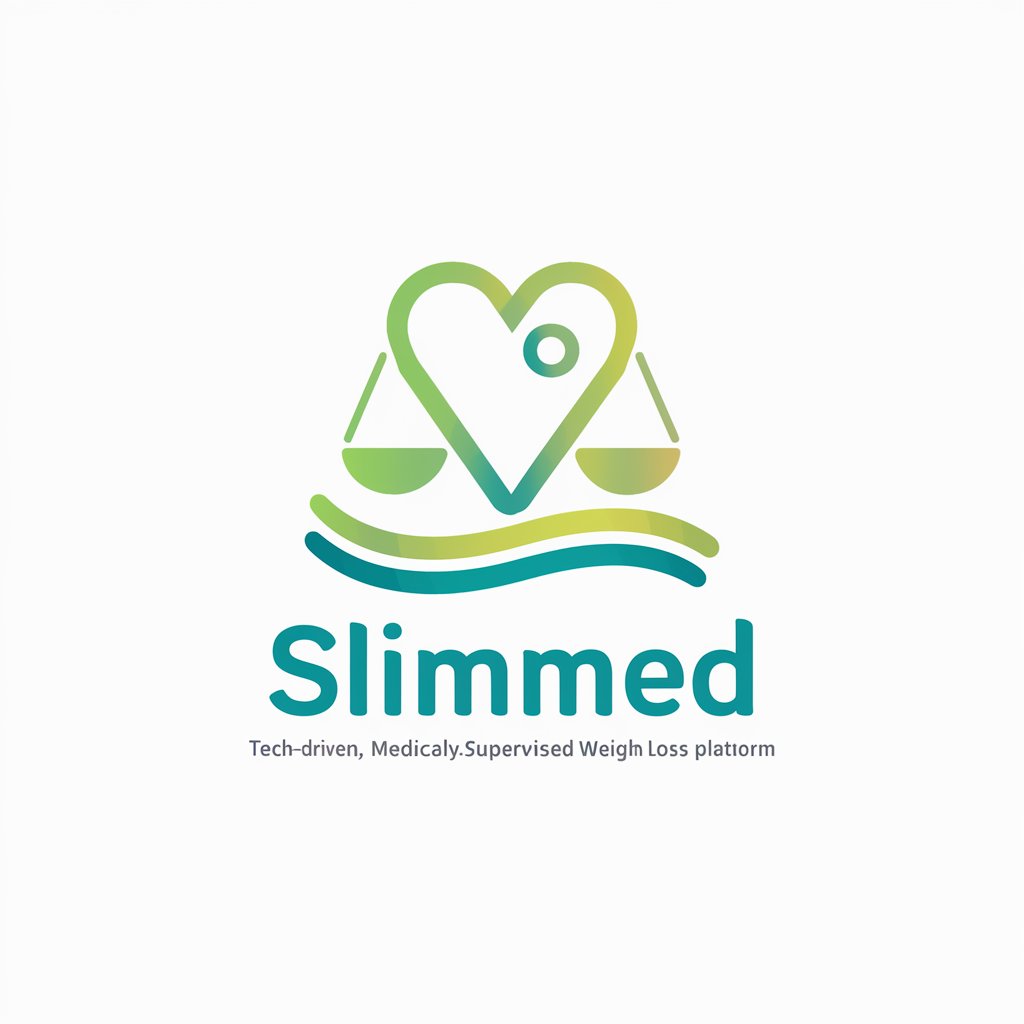Sparse Priming Compressor & Decompressor - AI-powered Compression & Decompression

Welcome! I'm here to compress and decompress rich concepts efficiently.
AI-driven clarity and brevity, reimagined.
Expand on the concept of Sparse Priming Representations in AI.
Compress this information into a succinct summary.
Describe the process of transforming complex input into Sparse Priming Representations.
Elucidate the detailed explanation of a given SPR.
Get Embed Code
Understanding Sparse Priming Compressor & Decompressor
The Sparse Priming Compressor & Decompressor (SPCD) is a specialized tool designed to streamline and enhance the interaction between human inquiries and machine intelligence. At its core, the SPCD operates through two primary functions: compression and decompression of Sparse Priming Representations (SPRs). Compression involves distilling complex information into a succinct, conceptually dense format. This process transforms detailed narratives, data points, and ideas into a compact list of statements and analogies, thus priming a language model's latent space more efficiently. Conversely, decompression involves expanding these compressed primings back into detailed, comprehensive narratives, elucidating the compacted information to its full breadth. This bi-directional process is tailored to improve the efficiency and effectiveness of language models in understanding and generating human-like text. For example, in a compression scenario, a lengthy article on climate change can be condensed into key statements highlighting main findings, implications, and statistical trends. During decompression, these key points can be elaborated into a full-length article or report, complete with detailed explanations, examples, and implications of the findings. Powered by ChatGPT-4o。

Core Functions and Applications
Information Compression
Example
A researcher has compiled extensive data and observations on a new astronomical phenomenon. Using SPCD, they can compress this information into a brief, highly informative summary. This summary efficiently primes another language model to generate a comprehensive paper or presentation on the topic.
Scenario
In academic research, where extensive datasets and complex theories often need to be summarized for peer review or presentation.
Information Decompression
Example
A business executive receives a compressed SPR consisting of key market trends, consumer behavior insights, and competitor analyses. Through decompression, this data is expanded into a detailed strategic report, offering in-depth analyses, actionable strategies, and projections.
Scenario
In strategic business planning, where concise market insights need to be elaborated into detailed strategies and reports for internal stakeholders.
Efficient Knowledge Transfer
Example
An educator compresses a semester's worth of course material into SPRs. These are then decompressed into detailed lesson plans, study guides, and educational materials tailored to different learning paces and styles.
Scenario
In educational settings, where a large volume of information needs to be efficiently transferred and tailored to diverse learning needs.
Creative Ideation
Example
A novelist uses SPCD to compress the themes, plot lines, and character arcs of their novel. The decompression process then helps to explore these elements in depth, assisting in the development of a detailed outline and character backgrounds.
Scenario
In creative writing, where initial concepts and themes need to be expanded into fully fleshed-out stories and characters.
Target User Groups
Academic Researchers
Researchers who need to distill complex data and theories into concise abstracts or expand summaries into full research papers will find the SPCD invaluable. It streamlines the process of preparing for publications, presentations, and grant proposals.
Business Executives & Strategists
Professionals requiring quick synthesis of market data into strategic insights or the expansion of briefings into comprehensive reports. The SPCD aids in making informed decisions and formulating detailed strategic plans.
Educators & Students
Educators compressing course content for efficient delivery and students decompressing information for deeper understanding and study preparation. The SPCD facilitates tailored educational materials and aids in the learning process.
Writers & Creatives
Creative individuals needing to condense concepts and themes into succinct summaries or develop them into detailed narratives. The SPCD supports creative ideation, plot development, and character exploration.

Guidelines for Using Sparse Priming Compressor & Decompressor
Start Your Journey
Begin by exploring yeschat.ai, where you can access a free trial of the Sparse Priming Compressor & Decompressor without needing to log in or subscribe to ChatGPT Plus.
Understand the Basics
Familiarize yourself with the core functionalities—compressing detailed information into concise primings and decompressing these primings back into detailed explanations.
Identify Your Needs
Determine the specific context or domain in which you intend to use the tool. This could range from academic research to creative writing.
Practice and Experiment
Engage with the tool by inputting different types of content for compression and decompression. Notice how nuances in language affect outcomes.
Leverage Advanced Features
Explore advanced options for customization, such as adjusting the level of compression or focusing on specific areas of content for targeted decompression.
Try other advanced and practical GPTs
Spare Parts finder
Streamline Your Part Searches with AI

Sparse Ingredient Kitchen Assistant
Turn Sparse Pantries into Rich Meals

Scam Spotter
Safeguard your inbox and calls with AI

Scam Shield
Empowering scam protection with AI

Scam Spotter
Spot scams with AI-powered precision.

Scam Spotter
AI-powered scam identification and risk assessment

Sparse
Empowering AI with Simplified Language

Sanskrit Dhyanvid
Unlocking Ancient Wisdom with AI

ChatJuf
Learning, Simplified with AI

Donnie
Empowering decisions with AI-driven insights.

slimmed
Streamlining weight loss with cutting-edge technology and expert care.

StemWijzer+
Find Your Political Match Effortlessly

Sparse Priming Compressor & Decompressor Q&A
What is Sparse Priming Compressor & Decompressor?
It's a specialized AI tool designed to compress complex information into concise primings (SPRs) and decompress these primings back into detailed explanations, facilitating efficient knowledge transfer and understanding.
How does the compression functionality work?
The compression process distills complex, detailed information into succinct, dense representations, capturing essential concepts, relationships, and nuances in a compact form, ideal for efficient priming of AI models or quick reference.
What makes decompression useful?
Decompression transforms condensed primings back into expansive, detailed content. This process is invaluable for elucidating compressed information, making it accessible for further analysis, interpretation, or learning.
Can I customize the compression level?
Yes, users have the flexibility to adjust the degree of compression based on their specific needs—ranging from high-level overviews to dense, information-packed summaries.
Are there specific domains where it's most effective?
While universally applicable, it excels in domains requiring deep understanding or knowledge transfer, such as academic research, technical documentation, creative writing, and data analysis.
